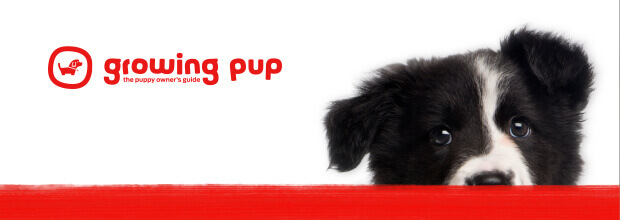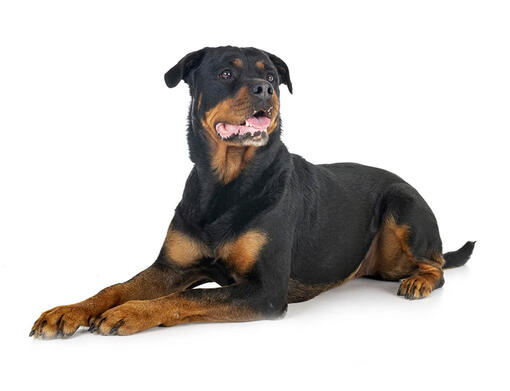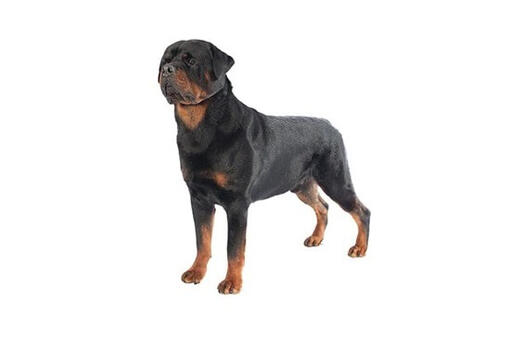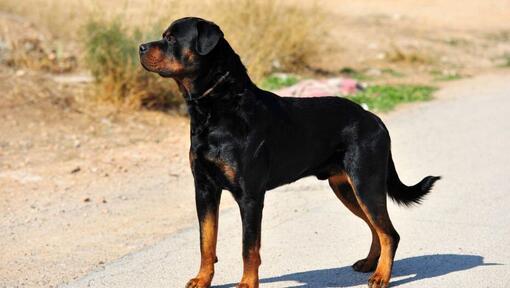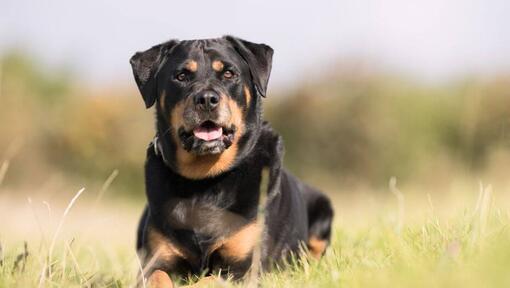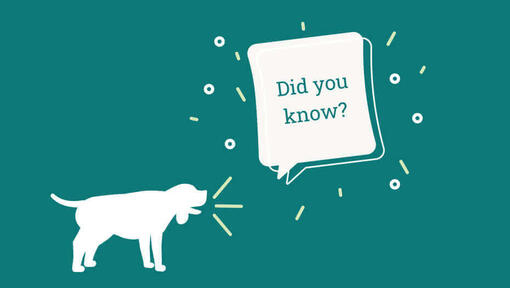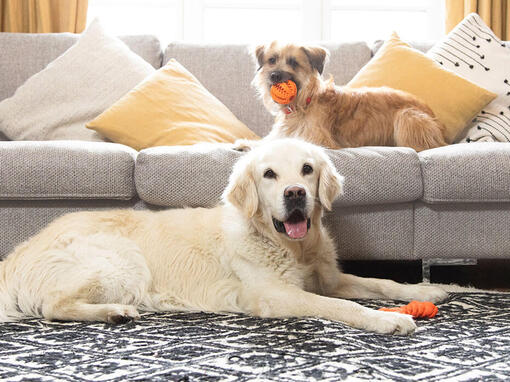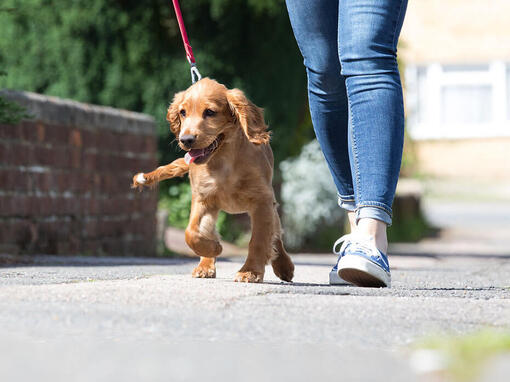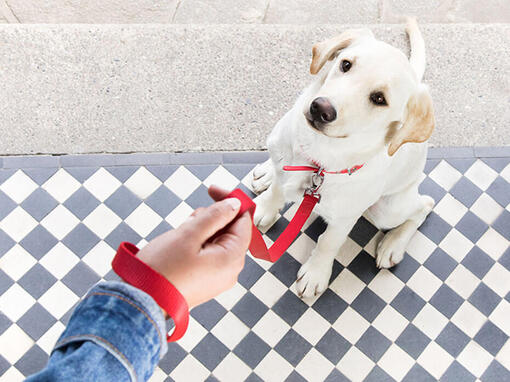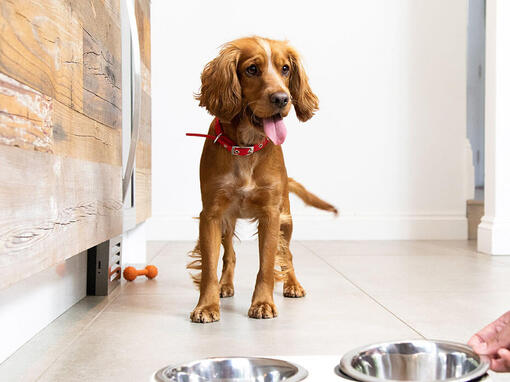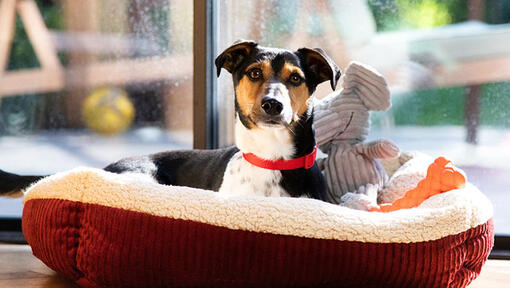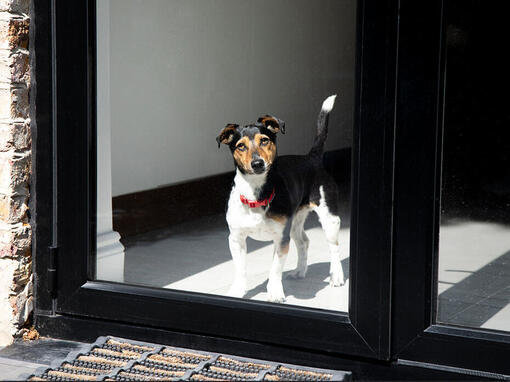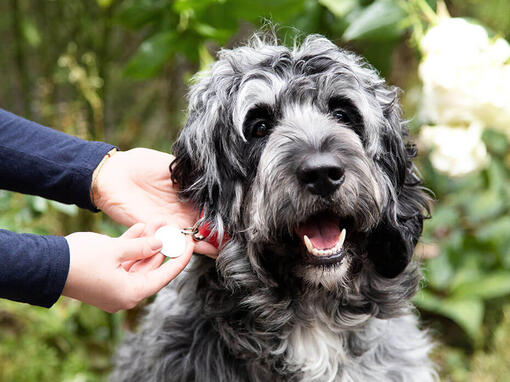History and Origins
Country of Origin: Germany
The breed’s ancestors were the mastiff-like, cattle-herding dogs of the ancient Romans who accompanied their armies as they swept across Europe. Some of these dogs were left behind when the army moved on, and in Germany, they bred with local sheepdogs and produced the Rottweiler. The Rottweiler was originally known as the Rottweiler Metzerhund - which translates as the Butcher’s Dog from Rottweil (a market town in South-West Germany). The breed would mostly help move cattle on the way to slaughter but also worked as a livestock guardian and a property guard. They would also protect their owner who, after selling his wares, would be a target for thieves and bandits who would try to rob him. The Rottweiler made sure they didn’t!


